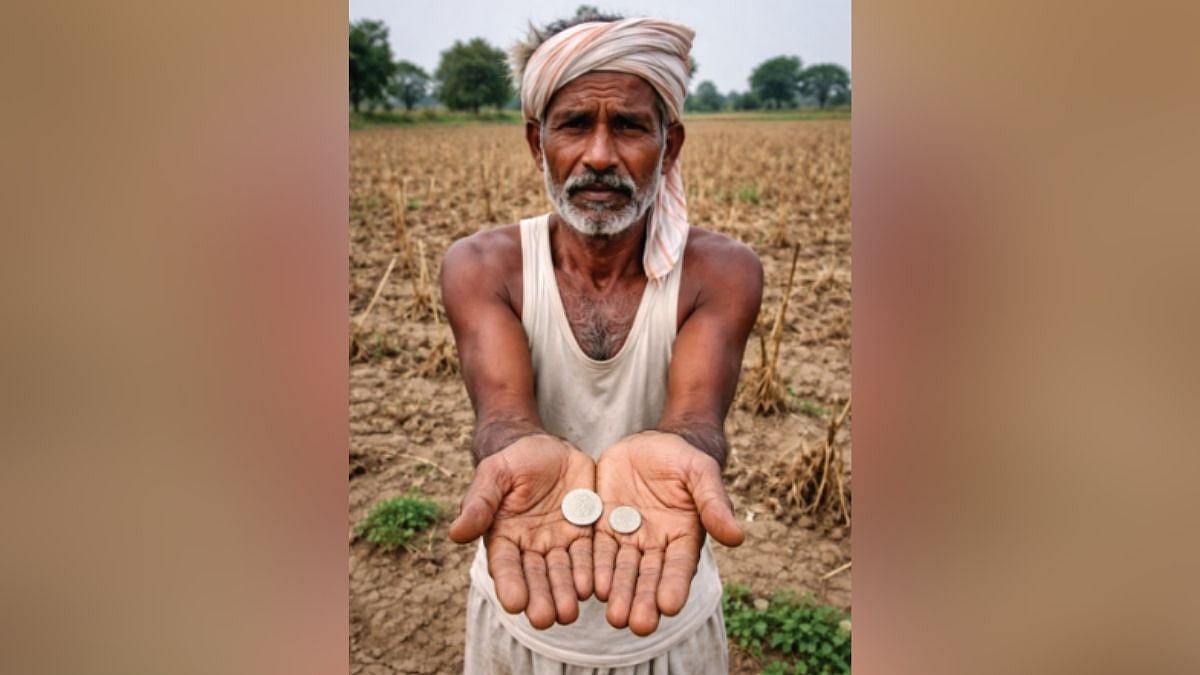World Elder Abuse Awareness Day (WEAAD) was launched on June 15, 2006 by the International Network for the Prevention of Elder Abuse and the World Health Organization at the United Nations.
It was officially recognized by the United Nations General Assembly in its resolution 66/127, December 2011, following a request by the International Network for the Prevention of Elder Abuse (INPEA), who first established the commemoration in June 2006.
It represents the one day in the year when the whole world voices its opposition to the abuse and suffering inflicted to some of our older generations.
2022 is a year of particular significance
This year, World Elder Abuse Awareness Day (WEAAD) coincides with two important events. The first is the start of the United Nations Decade of Healthy Ageing (2021-2030).
This marks the beginning of ten years of concerted, catalytic and sustained collaboration with diverse stakeholders on improving the lives of older people, their families and their communities.
The second is the 20th milestone of the Second World Assembly on Ageing and the fourth review and appraisal of the implementation of the Madrid International Plan of Action on Ageing (MIPAA).
These provide an opportunity to generate renewed momentum for international action to advance the ageing agenda.
MIPAA represents the first time Governments agreed to link questions of ageing to other frameworks for social and economic development and human rights.
The 159 Member States who signed onto the MIPAA reaffirmed the commitment to spare no effort to protect human rights and fundamental freedoms, including the right to development.
What is 'elder abuse'?
Elder abuse can be defined as “a single, or repeated act, or lack of appropriate action, occurring within any relationship where there is an expectation of trust which causes harm or distress to an older person”.
It is a global social issue which affects the Health and Human Rights of millions of older persons around the world, and an issue which deserves the attention of the international community.
In many parts of the world, elder abuse occurs with little recognition or response. Until recently, this serious social problem was hidden from the public view and considered mostly a private matter.
Even today, elder abuse continues to be a taboo, mostly underestimated and ignored by societies across the world. Evidence is accumulating, however, to indicate that elder abuse is an important public health and societal problem.
Elder abuse is a problem that exists in both developing and developed countries yet is typically underreported globally. Prevalence rates or estimates exist only in selected developed countries — ranging from 1% to 10%.
Although the extent of elder mistreatment is unknown, its social and moral significance is obvious. As such, it demands a global multifaceted response, one which focuses on protecting the rights of older persons.
From a health and social perspectives, unless both primary health care and social service sectors are well equipped to identify and deal with the problem, elder abuse will continue to be underdiagnosed and overlooked.
How can you help?
It is of critical importance to recognise the symptoms of abuse. Bedsores, bruises, or chafing could indicate that your loved one is being restrained to a bed or wheelchair, or otherwise physically abused.
If he or she has recently lost weight, malnutrition or dehydration could be at play, while poor hygiene is also an indicator of possible abuse. Watch, too, for changes in the person’s mood; if they seem depressed, anxious, agitated, or listless, see if you can discover why.
If you do detect signs of abuse, document them. Take pictures of bruises or injuries, get a statement from the victim or any witnesses, and keep a log of any suspicious behavior or circumstances.
You can then address your concerns with the manager or director of the long-term care facility or home care provider; if they do not take action, contact the police or an elder abuse attorney, many of who are willing to work on such cases pro bono (free of charge).
Older people are essential in the fabric of our society. It’s time for us to acknowledge their importance and recognise they are entitled to the respect of their communities and especially their families.










